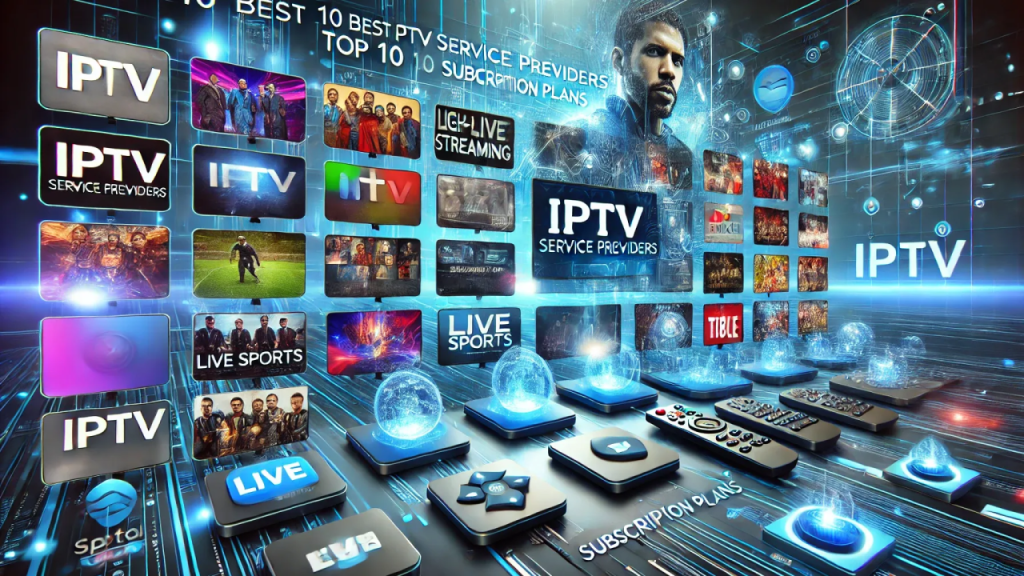In today’s digital era, the way people consume entertainment has evolved significantly. Internet Protocol Television IPTV has emerged as a superior alternative to traditional cable TV, offering a more flexible, cost-effective, and feature-rich viewing experience. IPTV delivers television content through an internet connection rather than conventional cable or satellite networks. This shift in technology brings numerous advantages, making IPTV the preferred choice for many users worldwide. One of the primary benefits of IPTV over traditional cable TV is its flexibility. Unlike cable TV, which requires users to stick to a fixed schedule of programs, IPTV allows viewers to watch their favorite shows, movies, and live TV on demand. With features like video-on-demand VOD and time-shifted media, IPTV enables users to pause, rewind, or fast-forward content at their convenience. This level of control enhances the overall viewing experience, ensuring that audiences are not bound by rigid programming schedules. Additionally, IPTV services provide a wider range of content compared to cable TV. Flexibility and convenience are key factors that set IPTV apart from traditional broadcasting methods.

Traditional cable providers offer a limited selection of channels based on subscription packages, often leading to extra charges for premium content. In contrast, IPTV platforms offer access to thousands of international channels, sports events, and exclusive content at competitive prices. Viewers can customize their subscription plans to include only the content they are interested in, eliminating the need to pay for unnecessary channels. This personalization makes IPTV a cost-effective solution for entertainment needs. Another key advantage of IPTV is its superior streaming quality. With the advancement of high-speed internet connections, IPTV services can deliver content in HD and even 4K resolution. Traditional cable TV often suffers from signal interruptions due to weather conditions, outdated infrastructure, or physical cable damage. IPTV, on the other hand, relies on internet connectivity, ensuring a stable and high-quality streaming experience. Additionally, many IPTV providers use adaptive streaming, which automatically adjusts the video quality based on the user’s internet speed to prevent buffering issues.
IPTV also supports multi-device compatibility, allowing users to stream content on various devices such as smart TVs, smartphones, tablets, laptops, and streaming boxes. This level of accessibility provides greater convenience, as viewers are no longer restricted to watching TV on a single screen. Whether at home or on the go, users can enjoy their favorite programs anytime and anywhere, making IPTV an ideal choice for modern lifestyles. Furthermore, IPTV offers interactive features that traditional cable TV lacks. Many IPTV platforms come with built-in electronic program guides EPG, catch-up TV options, and cloud-based DVR functionality, enabling users to record and store their favorite shows for later viewing and click here now https://morbic.com/2025/affordable-iptv-packages-offering-exclusive-content-you-cant-miss.html. Some IPTV services also integrate social media, allowing viewers to share their experiences or engage with others while watching live events. These features enhance user engagement and provide a more immersive entertainment experience. IPTV services offer a superior viewing experience compared to traditional cable TV by providing greater flexibility, an extensive content library, high-quality streaming, multi-device accessibility, interactive features, and enhanced security.
